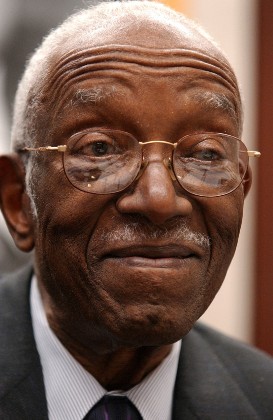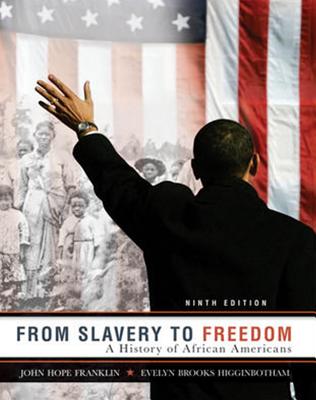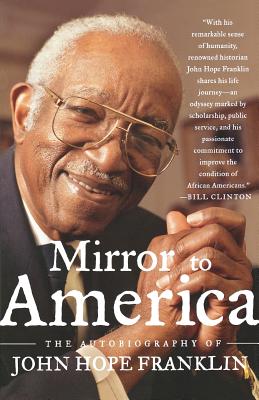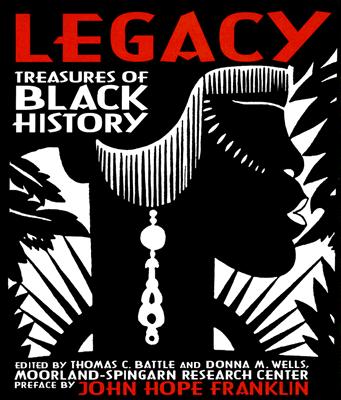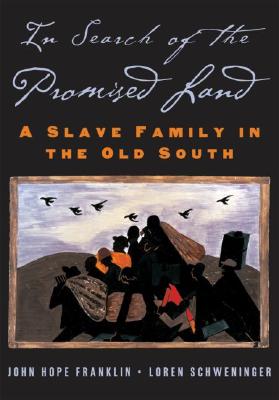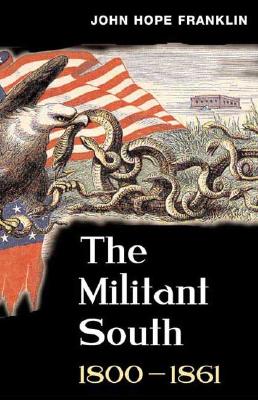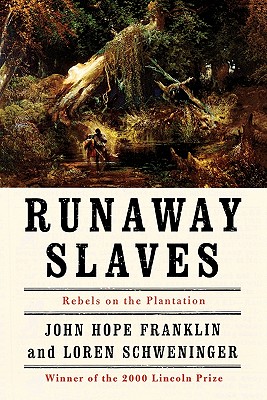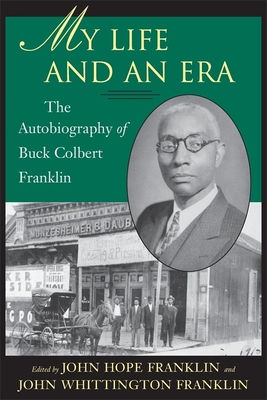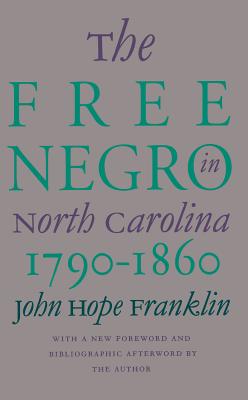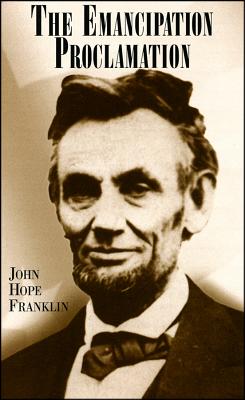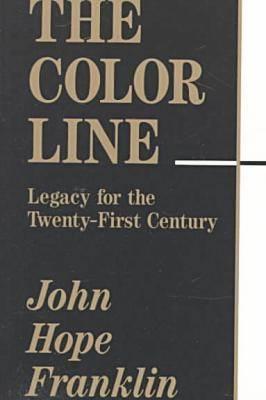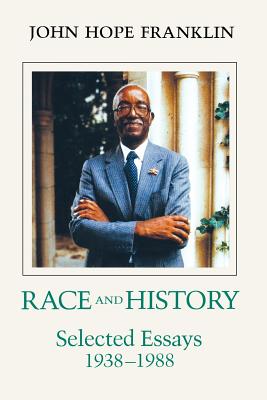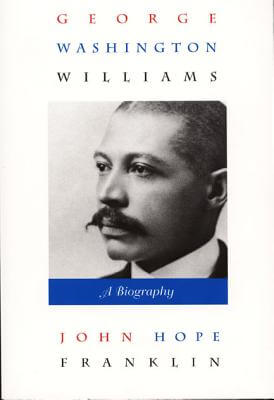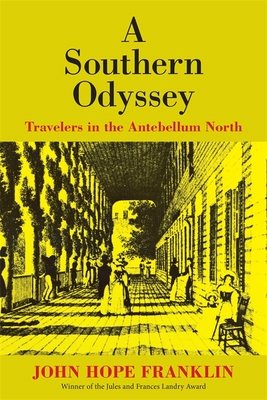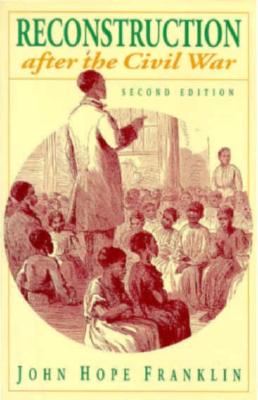John Hope Franklin
Biography of John Hope Franklin
John Hope Franklin (January 2, 1915 – March 25, 2009) was an educator and historian. Franklin lived through America’s most defining twentieth-century transformation, the dismantling of legally protected racial segregation. A renowned scholar, he explored that transformation in its myriad aspects, notably in his 3.5 million-copy bestseller, From Slavery to Freedom. He has reshaped the way African American history is understood and taught and became one of the world’s most celebrated historians
Franklin was born in Rentiesville, Oklahoma to attorney Buck (Charles) Colbert Franklin and his wife Mollie Parker Franklin. He was named after John Hope, a prominent educator who was the first African-American president of Atlanta University.
Franklin’s father Buck Colbert Franklin was a civil rights lawyer, know as Amazing Buck Franklin. He was of African-American and Choctaw ancestry and born in the Chickasaw Nation in western Indian Territory (formerly Pickens County). He was the seventh of ten children. Buck ’s father was a former slave, who became a Chickasaw Freedman when emancipated after the American Civil War. Buck’s mother was born free before the war and was of one-fourth Choctaw and three-fourths African-American ancestry.
Buck Franklin is best known for defending African-American survivors of the 1921 Tulsa race riot, in which whites had attacked many blacks and buildings, and burned and destroyed the Greenwood District. This was known at the time as the Black Wall Street and was the wealthiest Black community in the United States. Buck Franklin and his colleagues became experts at oil law, representing blacks and Native Americans in Oklahoma against white lawyers representing oil barons.
John Hope Franklin graduated from Fisk University, then earned a master’s and a doctorate in history from Harvard University.
In the early 1950s, Franklin served on the NAACP Legal Defense Fund team led by Thurgood Marshall and helped develop the sociological case for Brown v. Board of Education.
Franklin starting teaching at Fisk University. He taught at St. Augustine’s College from 1939 to 1943 and the North Carolina College for Negroes, currently North Carolina Central University from 1943 to 1947.
From 1947 to 1956, he taught at Howard University. In 1956, Franklin was selected to chair the history department at Brooklyn College, the first person of color to head a major history department. Franklin served there until 1964 when he was recruited by the University of Chicago. He spent 1962 as a visiting professor at the University of Cambridge, holding the Professorship of American History and Institutions.
From 1964 through 1968, Franklin was a professor of history at the University of Chicago, and chair of the department from 1967 to 1970. He was named to the endowed position of John Matthews Manly Distinguished Service Professor, which he held from 1969 to 1982. He was appointed to the Fulbright Board of Foreign Scholarships, 1962–69, and was its chair from 1966 to 1969.
In 1976, the National Endowment for the Humanities selected Franklin for the Jefferson Lecture, the U.S. federal government’s highest honor for achievement in the humanities. Franklin’s three-part lecture became the basis for his book Racial Equality in America.
Franklin was appointed to the U.S. Delegation to the UNESCO General Conference, Belgrade (1980).
In 1983, Franklin was appointed as the James B. Duke Professor of History at Duke University. In 1985, he took emeritus status from this position. During this same year, he helped to establish the Durham Literacy Center and served on its Board until his death.
Franklin was also Professor of Legal History at the Duke University Law School from 1985 to 1992.
Franklin died on March 25, 2009, he was 94 years-old (photo credit: CQ-Roll Call,Inc./Tom Williams).
Are you the author profiled here? Email us your official website or Let us host your primary web presence.

